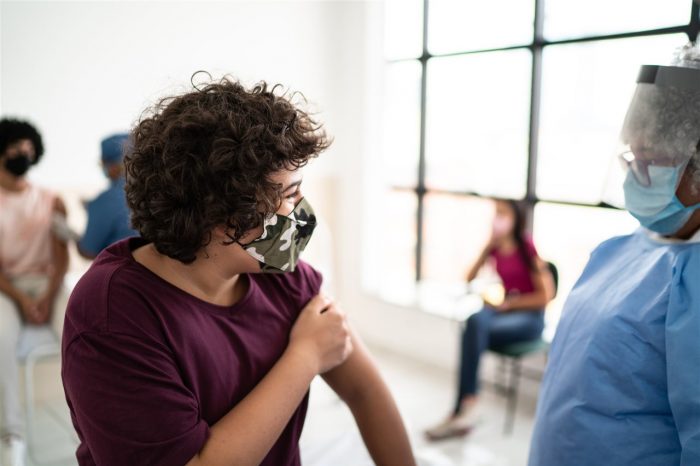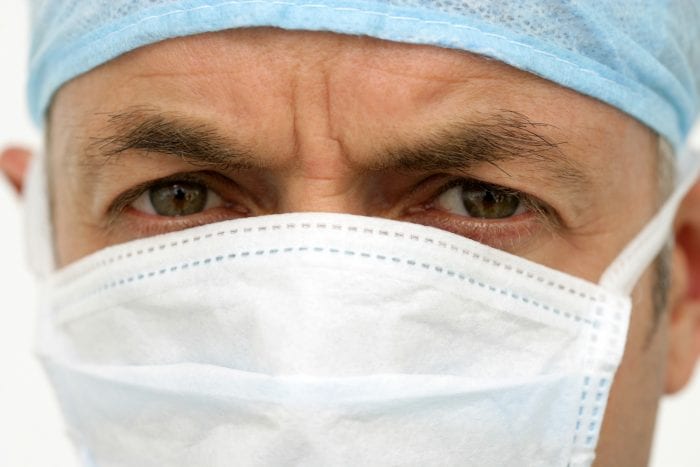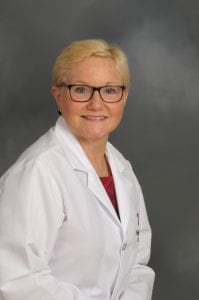After seeing enough cases of vaccinated people testing positive amid a surge in the Delta variant that has become the dominant strain of the virus in Suffolk County, local health officials support the federal government’s plan to provide booster doses eight months after the first course of vaccination.
Several studies have pointed to the benefit of boosters, highlighting how people who are vaccinated have lower antibody levels over time and are more susceptible to the highly transmissible Delta variant.
Centers for Disease Control and Prevention Director Rochelle Walensky and Food and Drug Administration Acting Commissioner Janet Woodcock said in a joint statement on Wednesday, Aug. 18, that the government is prepared to offer booster shots for all Americans beginning the week of Sept. 20 and starting eight months after people received their second shots.
A recent study by Mayo Clinic researchers looked at records for 25,0000 vaccinated and unvaccinated patients in Minnesota. The study showed 76% effectiveness in the Pfizer vaccine protecting them from infection, but 42% effectiveness in July during COVID, Sunil Dhuper, chief medical officer at St. Charles Hospital, explained in an email.
At the same time, Health Ministry of Israel data showed a similar progressive decline in the effectiveness of the vaccination in protecting patients from infection over a six-month period, particularly amid Delta variant surges.
Still, the vaccinations continued to provide protection against more serious forms of the disease, with a much smaller 10% decline in the effectiveness of vaccines in protecting people against hospitalizations, Dhuper said.
In physician practices, urgent care centers and emergency departments, doctors are seeing a “sizable number” of breakthrough cases, Dhuper continued.
Adrian Popp, chair of Infection Control at Huntington Hospital/ Northwell Health, said Huntington Hospital has seen breakthrough cases, although most of them are “mild” and are “diagnosed incidentally when patients get admitted for other issues.”
Dhuper urged residents to take precautions similar to the ones they took last year before vaccines were available, including social distancing, wearing masks and washing hands carefully, especially in indoor settings.
At this point, boosters will likely be available for the Pfizer/ BioNTech and Moderna vaccinations. The Food and Drug Administration is still looking at data for people who received the Johnson & Johnson shot.
Once the FDA provides Emergency Use Authorization for a booster for the general population, medical health experts anticipate a much smoother roll out than the initial struggle with finding vaccinations.
“As all who have been vaccinated in New York State have a [Centers for Disease Control and Prevention] vaccine card,” Sharon Nachman, chief of the Division of Pediatric Infectious Diseases at Stony Brook Children’s Hospital, said in an email, “It should be straightforward to each person to get a booster at the eight-month mark.”
At the same time, parents are focused on the timing and availability of vaccines for children under the age of 12. Results from the trial are “expected in December 2020,” wrote Popp.
Medical experts continue to urge residents to receive their shots.
“It is hoped that the booster will cut down on these infections and thus transmissions,” Nachman said.









